Entrepreneur Profiles, Gender Diversity
Women in STEM & The Gender Dividend: An Interview with the Creators of Wise
12 November 2018
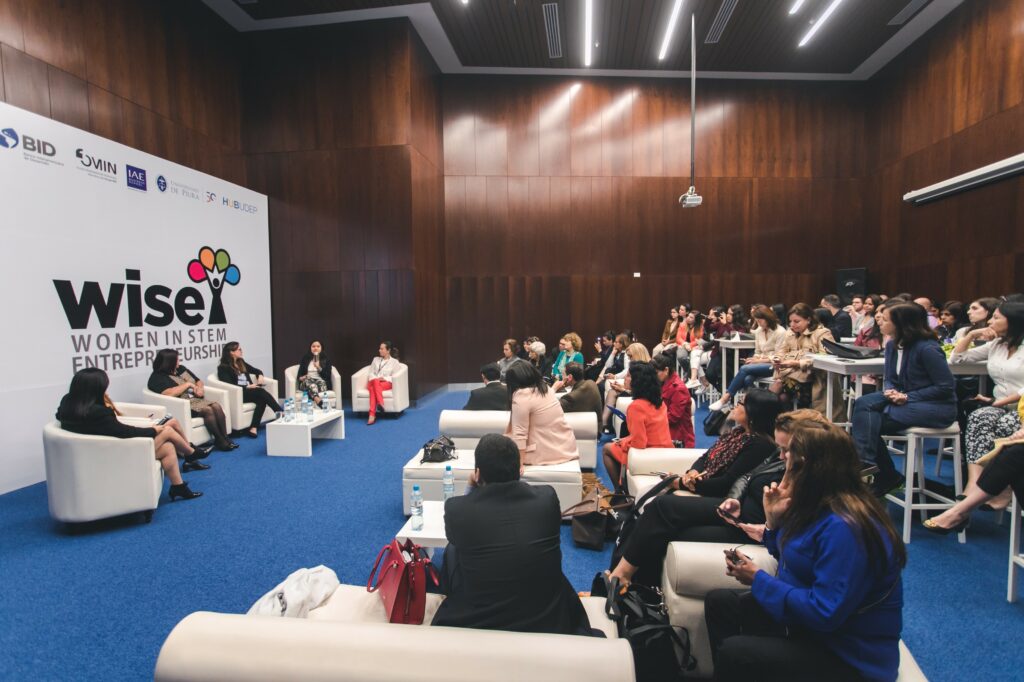
WISE, Women in STEM Entrepreneurship, is a collaboration of the IDB LAB and IAE Business School to offer mentoring, connections to investors, and international exchange with relevant startup ecosystems for women starting or running high-impact scientific and technology-based startups. The WISE program launched in Argentina in May 2018, and in Peru in November 2018, with plans to expand to Colombia and Ecuador in February 2019.
LAVCA interviewed Susana Garcia-Robles—Chief Financial Operations and Gender Coordinator, IDB LAB, WISE Executive Director Adriana Cortes, and Silvia Carbonell—Director of Entrepreneurship Center, IAE Business School, to learn about the program’s goals to train over 1,500 STEM entrepreneurs in the region over the next few years.
I see the end of the gender divide and the rise of a gender dividend – Susana Garcia-Robles
LAVCA: What are the goals of the WISE Program?
Adriana Cortes: One of the main objectives is to foster collaboration between the public, private, and academic sectors in support of entrepreneurship.
In terms of numbers, we expect to facilitate the creation of more than 100 startups lead by women in STEM areas. We will invite around 3,000 people studying or graduated and in STEM careers to enter the program, so they can receive information, business training, and mentoring, and extend their networks. We will provide training for over 1,500 people in Argentina, Colombia, Ecuador, and Peru, where we are implementing the program.
The reception from universities so far has been excellent. We have four universities working together to implement the program in the defined countries, but each one is also partnering with other universities to reach more women.
- IAE Business School, Universidad Austral (Argentina)
- HUB UDEP, Universidad de Piura (Perú)
- IDE Business School, Universidad de los Hemisferios (Ecuador)
- ICESI (Colombia)
So far, the academic sector has been interested in supporting WISE, as it has a good fit with university programs for women students and graduates.
What is the inspiration for starting this program?
Susana Garcia-Robles: At IDB LAB, we’re committed to help women gain access to finance and have relevance in the entrepreneurial world. Since I co-founded WeXchange in 2013 as a forum to connect high-growth entrepreneurs with mentors and investors, I’ve been looking for ways to have an ongoing program with similar goals to WeXchange, that would run the whole year throughout the region, to reach thousands of women.
 We approached Universidad Austral because at the IDB LAB, we consider them part of our network of trusted partners. We have worked with them and some of the business schools in their network (IESE Spain, Harvard Business School, INALDE Colombia, IEEM Uruguay) and know the commitment they have to fostering innovation, entrepreneurship, and angel investment. We decided to start in four countries, and once the program is established, continue expanding with the help of new partners, to other countries and regions.
We approached Universidad Austral because at the IDB LAB, we consider them part of our network of trusted partners. We have worked with them and some of the business schools in their network (IESE Spain, Harvard Business School, INALDE Colombia, IEEM Uruguay) and know the commitment they have to fostering innovation, entrepreneurship, and angel investment. We decided to start in four countries, and once the program is established, continue expanding with the help of new partners, to other countries and regions.
…we’re committed to help women gain access to finance and have relevance in the entrepreneurial world.
What is IAE Business School’s interest in supporting this project?
Silvia Carbonell: The IAE Business School of Universidad Austral is a pioneer in the creation and consolidation of an entrepreneurial ecosystem in Argentina since the creation of our Entrepreneurship Center in 1999, the first in the country. We have been working strongly in three pillars: Research, Education, and Training and Outreach activities that promote entrepreneurship. In this regards, leading the WISE Program is a perfect fit with our mission.
What is the problem you’re solving, or the opportunity, as you see it?
Susana Garcia-Robles: The problem for high-growth women entrepreneurs is a lack of access to the same networks (angel investors, qualified mentors, seed and VC funds) that traditionally are more available to men, just based on the sheer fact that male entrepreneurs have been venturing in higher numbers for a longer period (since the dotcom era). Many had great successes, sold their startups, ventured again, made money, and began giving back to the community by way of becoming mentors or investors. When they did this, they reached out to their network, mainly composed by men as well.
 This created a vicious cycle that needs to be disrupted. I call it the “mini-me” effect: I don’t believe it’s intentional, but typically males feel comfortable doing businesses with their “mini-me’s”, they identify better with men than women.
This created a vicious cycle that needs to be disrupted. I call it the “mini-me” effect: I don’t believe it’s intentional, but typically males feel comfortable doing businesses with their “mini-me’s”, they identify better with men than women.
On top of that, women have not been venturing in relevant numbers for as long as men. Their success stories are still in the making, and few have gone the full circle of starting up, selling, venturing again, and being in a position to take on the investor/mentor role, like Vivianne Bernardes de Cibils from Paraguay.
WISE and WeXchange are wide initiatives to provide women STEM entrepreneurs with the same opportunities men have, to reach out to investors and mentors, get tailored training, pitch their ventures, and be noticed.
Silvia Carbonell: Latin America is a region that needs to eradicate poverty, grow socially and economically, and the only way to do it at a reasonable pace is through innovation. And STEM gives the skills required to face the revolution we are in as society.
There is a growing consensus of the critical role of entrepreneurship in economic development, especially for less developed countries. Entrepreneurial activity is the way disruptive technologies can permeate in society, bringing solutions to very real and very significant problems.
And what is the role of women in this phenomenon? According to the 2017 WEF Global Gender Gap Report:
As the world moves from capitalism into the era of talentism, competitiveness on a national and on a business level will be decided more than ever before by the innovative capacity of a country or a company. In this new context, the integration of women into the talent pool becomes a must.
But there is no single profile, and women entrepreneurs should not be viewed as the same or treated as one population. Some are motivated by necessity, starting a business when there are no other options for them to support their families. Other women are motivated by opportunity, or a combination of both. There is also wide variety in women’s participation in different types of entrepreneurship—self-employed or partnerships—as well as broad variation by industry, age, education level, and growth aspirations.
Susana, what changes do you want to see in the years to come because of efforts like WISE and WeXchange?
Susana Garcia-Robles: I see a growing number of diversified teams, and women getting to C-level positions. In that regard, our partnership with LAVCA to create a directory of senior and emerging women investors in Latin America already shows traction and growth.
I see investors changing the perception that women venture only in lifestyle and that they venture in STEM and can gain traction. I see the influence of companies that will use technologies to have a greater impact on improving women’s lives, since, as you know, when women venture, they tend to look for financial results as much as their male peers, but do also focus more than men on obtaining social and environmental benefits. Fifteen years from now, we may not need these specific targeted actions because the ecosystem will be more inclusive. And eventually I see the end of the gender divide and the rise of a gender dividend.
You may be interested in...
-
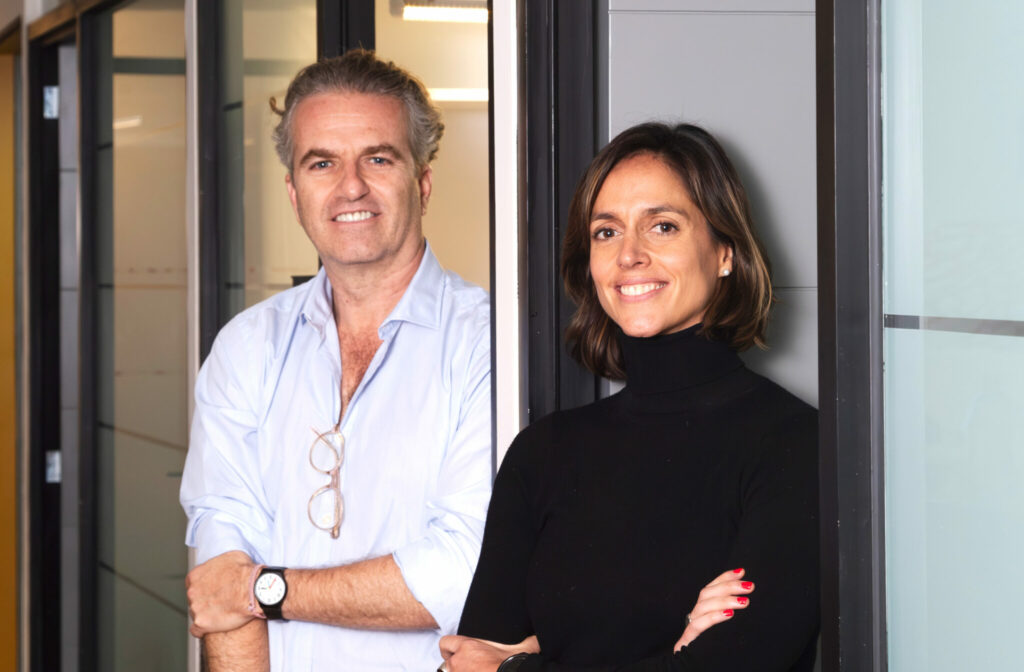
Is AI a Thing in Latin America? In Conversation with Hi Ventures
LAVCA sits down with Hi Venture to discuss their evolving thesis and vision for...
-
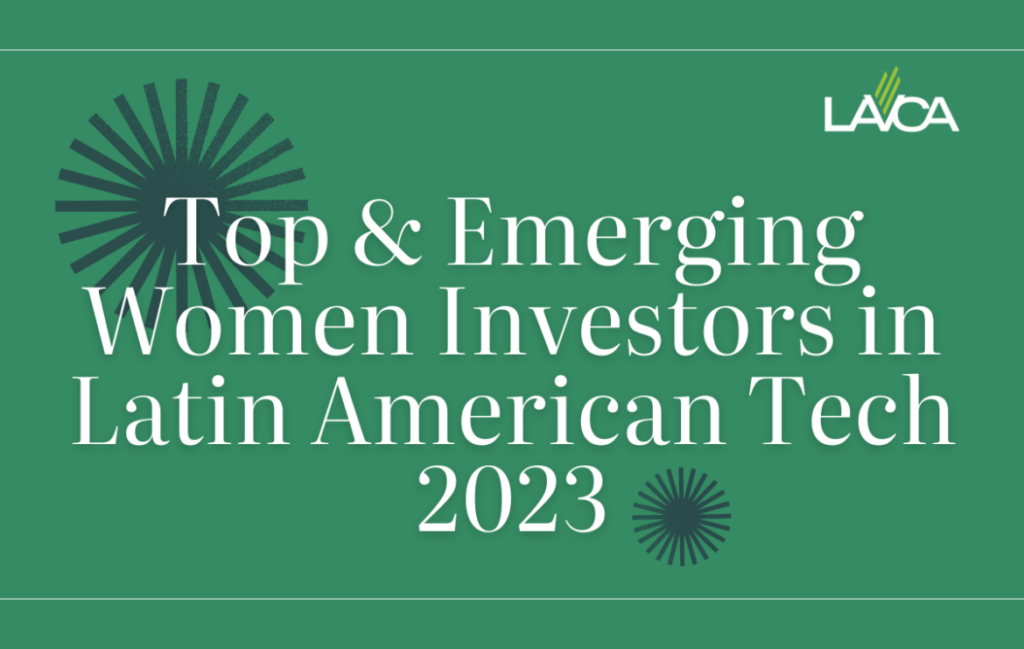
Top & Emerging Women Investors in Latin American Tech 2023
View LAVCA’s list of Top Women Investing In Latin American Tech. Women in venture...
-
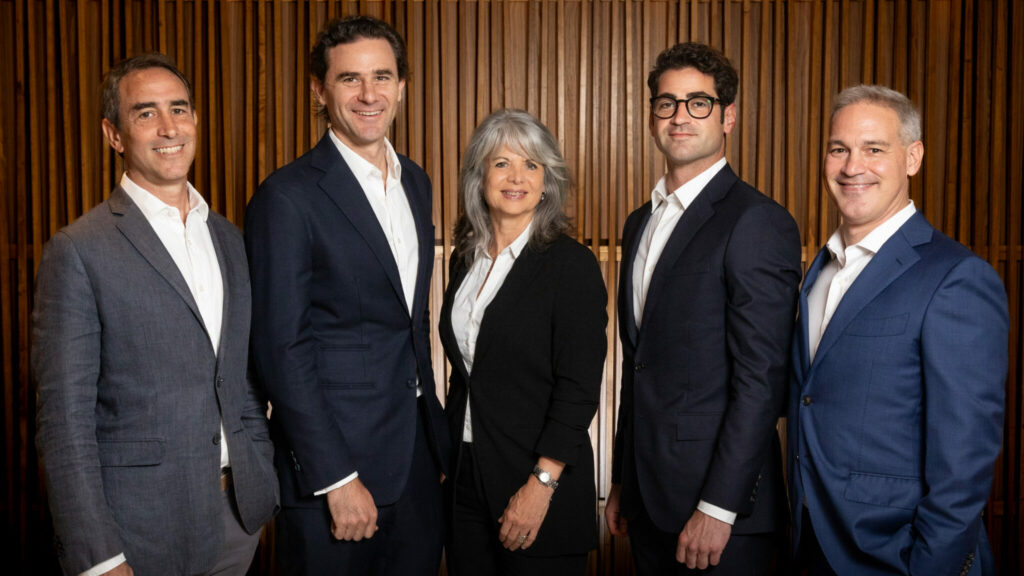
The Future of B2B Startup Investing in LatAm: In Conversation with NXTP
NXTP Ventures recently reached a USD98m final close for NXTP Fund III, its third...
-
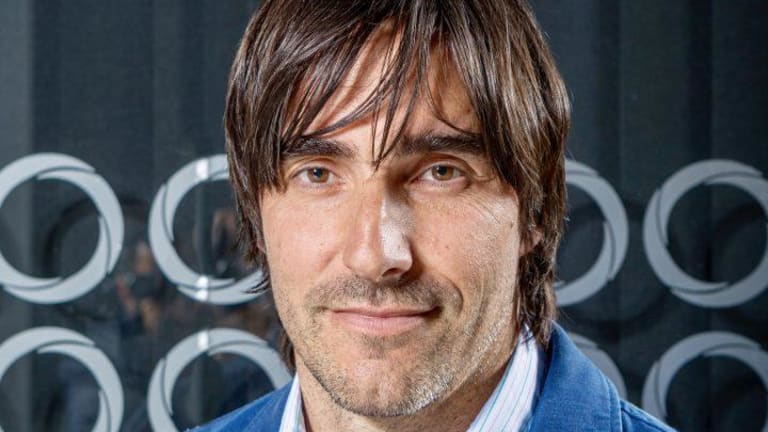
A 20-Year Journey: An Interview with Technisys CEO Miguel Santos
Company: Technisys Investors: KASZEK, Dalus Capital, Riverwood Capital Interview...